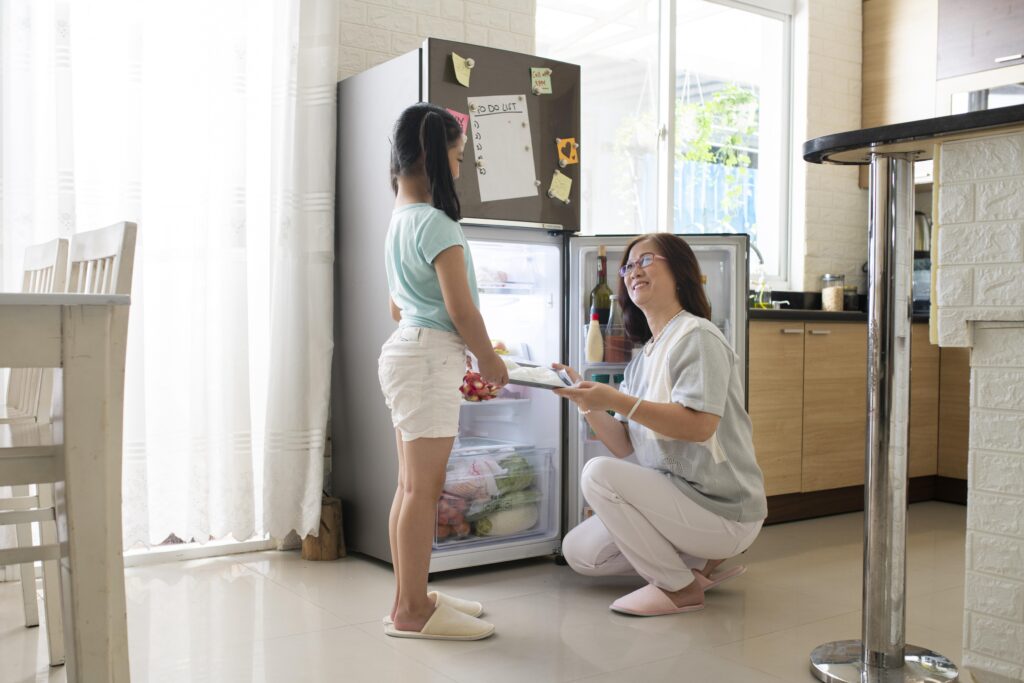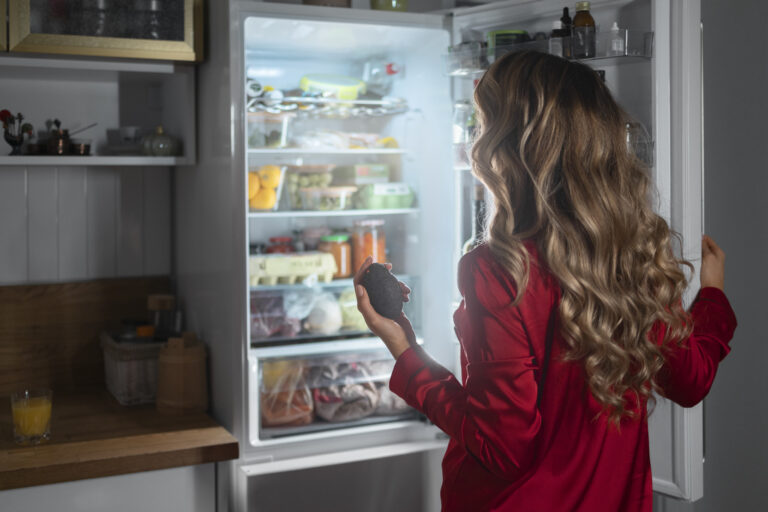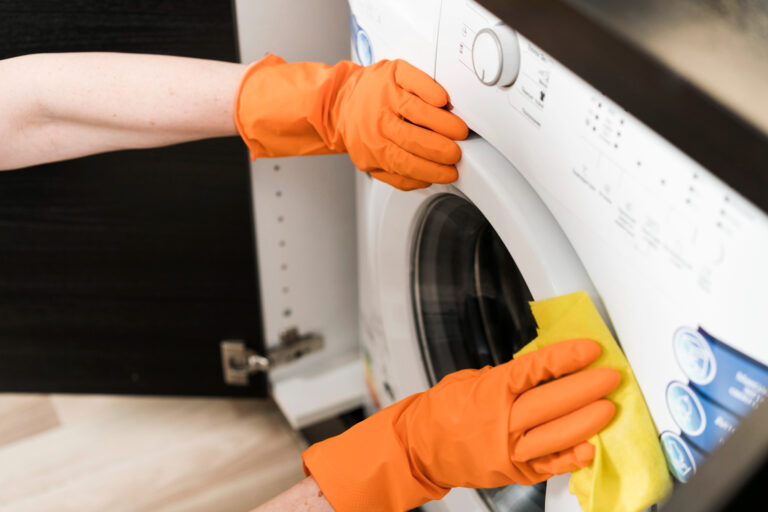Your refrigerator is one of the most energy-consuming appliances in your home, running continuously to keep your food fresh. However, with a few simple adjustments and regular maintenance, you can significantly reduce its energy use helping you lower your utility bills and reduce your environmental impact. Whether you have a newer model or an older unit, the tips below can help improve your refrigerator’s performance and efficiency. Keep reading for practical energy-saving tips for your refrigerator.

Energy-Saving Tips for Your Refrigerator
Saving energy isn’t just good for the environment, it directly benefits your wallet and your home. Since your refrigerator runs 24/7 even small improvements in efficiency can lead to noticeable savings over time. By optimizing your refrigerator’s performance, you’re not only extending its lifespan, but also reducing overall energy consumption in your household. This adds up to consistent cost savings month after month and year after year.
Choosing regular maintenance or timely refrigerator repair services from a professional appliance repair company helps ensure your unit runs at peak efficiency. A well-maintained, energy-smart refrigerator experiences fewer breakdowns, less wear on key components like compressors and fans, and requires fewer major repairs over time.
Reducing energy usage also lowers your home’s carbon footprint. Every kilowatt-hour you save cuts down greenhouse gas emissions and reduces dependence on fossil fuels. Many utility providers even offer rebates or incentives for upgrading to energy-efficient appliances—so you not only lower your monthly electricity bill but may also be rewarded for making eco-friendly choices.
Refrigerator Energy Tips Every Homeowner Should Know
1. Keep Your Fridge at the Right Temperature
Set your fridge between 37°F and 40°F (3°C to 4°C) and your freezer at 0°F (-18°C). This helps keep food fresh, saves energy, and reduces strain on your appliance. Using a fridge thermometer can help ensure accurate settings.
2. Maintain Clean Coils for Efficiency
Dusty refrigerator coils make your fridge work harder and use more energy. Clean the condenser coils at least twice a year using a brush or vacuum. This simple step boosts efficiency, keeps your fridge running smoothly, and helps avoid costly refrigerator repair services.
3. Ensure Clear Space Behind and Inside
Keep your fridge a few inches from the wall to allow proper airflow. This helps the coils release heat, reduces strain on the compressor, saves energy, and lowers the risk of breakdowns.
4.Make Sure the Door Seals Tight
If your refrigerator door seals are damaged or loose, cold air can leak out. This forces the fridge to work harder and use more energy. A simple way to check: To test the seals, close the door on a piece of paper if it slides out easily, the seals may need replacement. Addressing this early can improve energy efficiency and help you avoid costly refrigerator repair.
5. Avoid Overloading
Overloading your refrigerator blocks air circulation, making it harder to maintain a consistent temperature. This increases energy use and can lead to performance issues. Keep items organized to allow proper airflow and reduce the risk of needing refrigerator repair services.
6. Avoid Putting Hot Food in the Fridge
Putting hot food directly into the fridge raises the internal temperature and makes the compressor work harder. Let items cool to room temperature before storing to save energy and reduce wear on your refrigerator.
7. Keep the Door Closed Whenever Possible
Every time you open the refrigerator door, cold air escapes. Plan ahead to minimize the number and duration of door openings and always make sure it’s fully closed.
8. Use Energy-Saving Features
Modern refrigerators often include energy-saving modes like “eco” or “vacation” settings. Use these features when appropriate to reduce power usage, especially when the fridge is not in regular use.

9. Defrost to Keep Airflow Smooth
If your fridge doesn’t have auto-defrost, remove ice buildup regularly. Too much ice blocks airflow and makes the fridge work harder, using more energy.
10. Keep Your Fridge Away from Heat
Place your refrigerator away from ovens, dishwashers, or direct sunlight. Heat from nearby sources makes it work harder to stay cool, increasing energy use and wear.
11. Switch to a High-Efficiency Model
Refrigerators over 10 years old use more power. Switching to an energy-efficient model cuts energy costs and improves performance.
12. Arrange Items for Better Cooling
Keep items organized to allow air to flow freely. Good airflow helps your fridge stay cool efficiently and reduces energy use.
13. Avoid Storing Unnecessary Items
Some items don’t need refrigeration. Keeping them in the fridge can cause overcrowding and block airflow. Store only what’s needed to keep your refrigerator running efficiently.
14.Check Energy Usage Regularly
Use a plug-in energy monitor to track how much power your refrigerator uses. It helps spot inefficiencies and shows when maintenance or an upgrade may be needed.
Keep Your Refrigerator Efficient with These Pro Tips
When you implement these energy-saving tips for your refrigerator, you can improve your refrigerator’s efficiency, lower your electricity bills, and extend the life of the appliance. For expert guidance or reliable appliance repair services, contact Pro Tech Appliance Repairs today.






One Response